Issue 10: Compulsory Party / Passive Aggressive
MISBHV
PHOTOGRAPHY BY MAŁGORZATA TURCZYNSKA
Warsaw based brand MISBHV designs clothes with their friends in mind and with a lot of humility. Despite the limitations of being based in Poland, co-founders Natalia and Thomas both have that appetite for badness that is giving their brand a solid spot at being one of the best upcoming street wear brand this year. Here they are in conversation with each other about acquiring knowledge and making a name for themselves.
N: Recently we talk a lot about Poland, in terms of economy, politics and culture. I think growing up in Poland was for us a very different experience to growing up in the West (or North). I think due to historical reasons too many people lack self-assurance or simple faith in themselves. Looking back I know I lacked self-esteem myself. I had to fight through it and it didn’t come easy. A lot has changed for me when I first went to London at the age 17. London and i-D Magazine in particular opened my eyes to a whole different culture and opened them wide.
T: Yeah. i-D, Thrasher and Wallpaper were my top 3 sources of education at that time. I would basically ditch school for bookstores. Since none of my friends had internet access back then and I could not afford to buy any of the magazines all I did was study and learn. I remember looking at certain shoots in i-D thinking “I don’t understand it now but I know one day I will, I need to know, I need to figure this out”.
N: This first encounter with Western culture was very important to me. For a teenager growing up in a totally different environment arriving in London bursting with unreal youthful energy was like a breath of fresh air. Whatever we were into back then - for me it was fashion for you it was music - we tried to replicate what we saw or heard in East London at the time. It took time before we started finding out our own voice in it.
T: Yeah. What we also learned was it was OK to be different. How do you think you are perceived as a Polish designer today?
N: But am I? I don’t know. I think for business insiders, because of Gosha, Vetements, Berlin club culture to some extent, it’s interesting. It should be, I mean Warsaw is a very different landscape to Paris or Milan. For most of the audience today I don’t think it really matters. We speak to our audience via Instagram or Snapchat, it’s a global world today.
T: What makes you creative Natalia?
N: When I was a teenager I was most creative being unhappy. At a very young age you go through so much emotion you burst with ideas. I think creativity, just as love, isn’t simply given to you and can’t be taken for granted. It needs to be nourished and cherished. You need to be constantly stepping out of your comfort zone, not simply observing the world but questioning, changing, living it.
N: How do you see the fashion world today?
T: I think I’m too young to judge. I don’t have that much knowledge so I must depend on my sheer feelings. I feel what I see around me is extremely exciting, especially menswear.
N: You’re right. I have a feeling we have found ourselves in this world today due to very special circumstances. I think never before young people with no connections, no financial backing, no formal education could enter this landscape. Fashion used to be a very exclusive world, for the chosen few, the elites. I agree menswear is very progressive and there’s a lot of buzz around brands marrying fashion and streetwear. It’s only now, this year, last year, that brands like ours have a window to the world via stores like Selfridges in London or GR8 in Tokyo. Because of the internet culture it’s the people now who decide. If the kids believe in a brand the big stores cannot afford to ignore them. Press can not afford to ignore them either. But let me ask you this. A lot of people argue that these streetwear that we are excited about today, that have a moment today, won’t make it in the long run. They say it’s a fad, a trend that will eventually die down. This question is in the media a lot now. What do you think?
T: But frankly I would not call them streetwear, or post- streetwear. Are these brands called streetwear because someone in the press today can’t comprehend them otherwise? If you look at shapes and silhouettes, the research that goes into sourcing fabrics, at the sophisticated printing techniques, at who is buying, at how they communicate, how and where they sell, at imagery, art and film - these are not streetwear brands to me anymore.
N: Tell me what inspires you?
T: Inspiration is a big word, very up in the air. I’m into clothes, into items, into product. One thing I want is for the product to have a meaning - which sometimes is difficult to put a finger on, for a piece of garment. A piece of music or a painting has a meaning to me when I genuinely feel something - be it sadness, melancholy, anger - listening to or looking at it. When you hear or see and don’t think but feel - that’s meaningful, that’s real. I’d like for every piece of clothing to strike a certain emotion. I’m interested in what provokes people. Take a hooligan scarf. Seeing someone approaching you wearing a hooligan scarf makes you feel insecure - that’s the emotion a football scarf strikes in most of us, insecurity. The very sight of it wrapped around a man’s neck makes you uncomfortable, it makes you alert, it’s rooted in our culture since the 80s. Or take this orange, I call it Guantanamo Orange, that we used in our Fall/Winter 2016 collection. It’s just a beautiful shade of orange but today we can not take it out the cultural context. These codes run so deep that you can use them to provoke conversation, strike emotion between the product and the audience.
N: What I like to think is despite the lack of resources, financial backing, formal education we somehow make these collections work thanks to our feelings. How I approach design is strictly by feeling. If I like how something feels I go with it. I think a lot about the empowering role of clothing. I want my clothes to empower, to build confidence in girls. I may not have great experience yet but I know what I want my clothes to say.
T: It’s unreal but maybe this is exactly what makes it so real. This brand and collection is a personal journey, not a bunch of trends put together. As long as this journey continues the brand will be evolving, reinventing itself and changing but I don’t mind it one bit - I know it’s true to ourselves and as long as I make clothes I want to wear I’m happy. And Paris, it’s very special for me. Like London may have its own little scene or LA or New York may have their own little scenes, but in the end it all comes together in Paris, it’s this melting pot of cultures, styles and music. To be present here, to be showing, feels special and it’s also crazy energy to feed off.
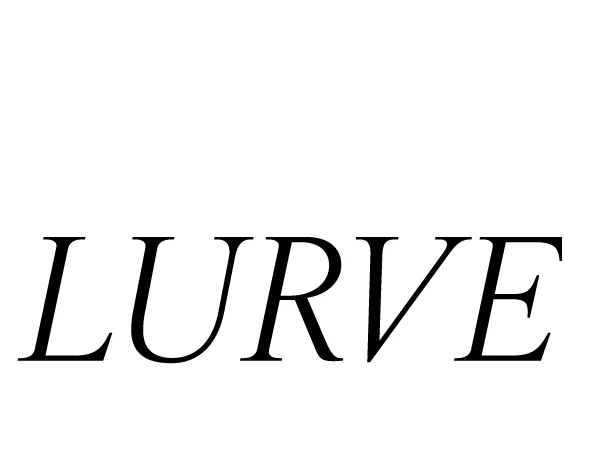
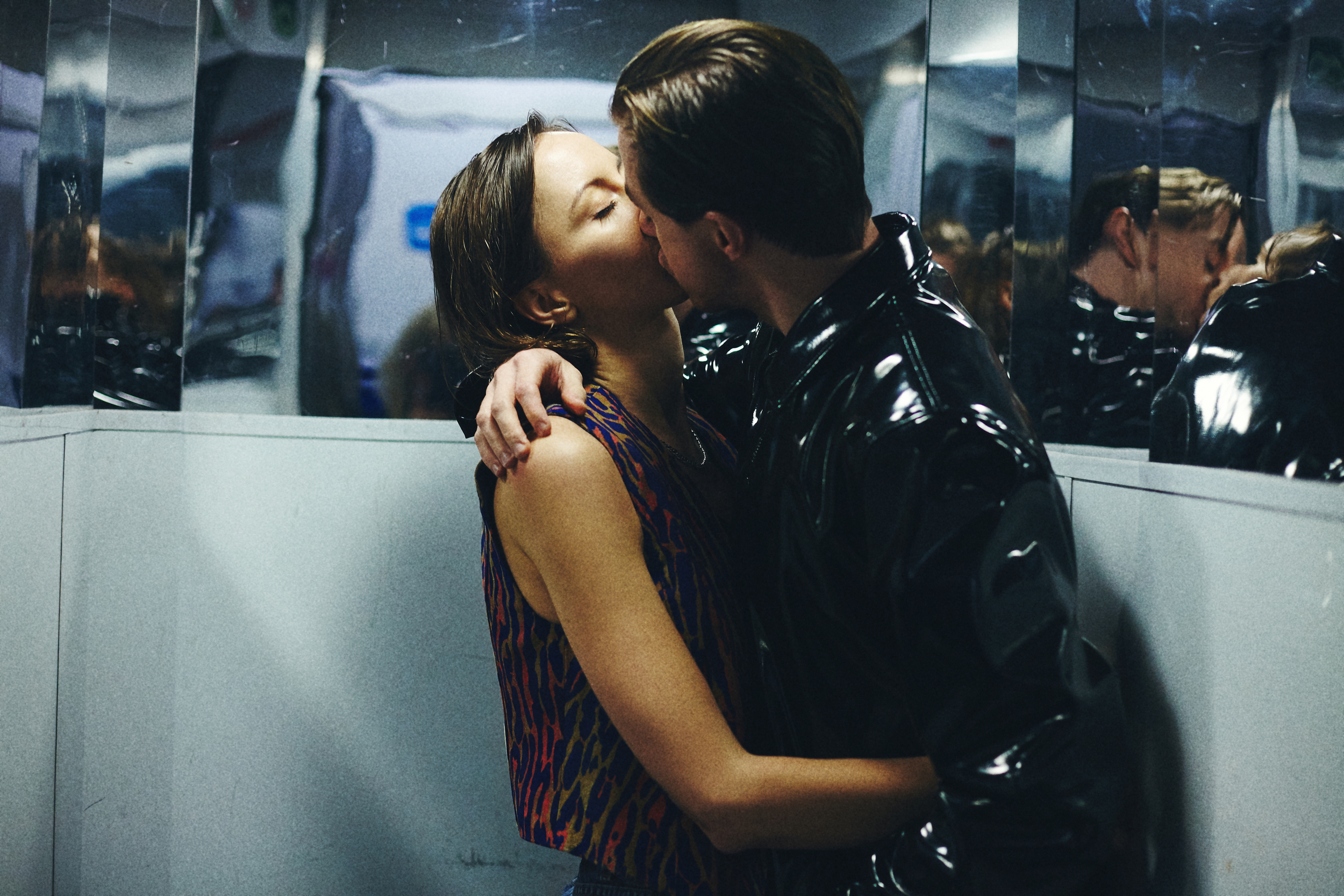
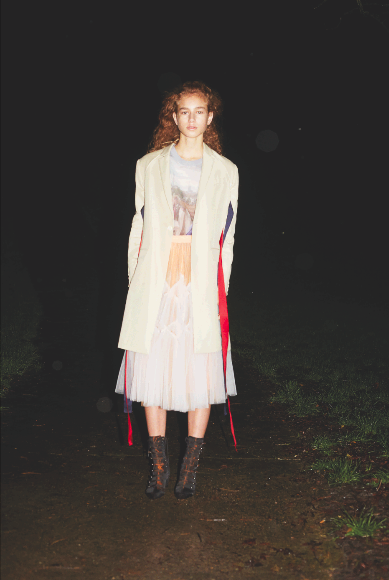
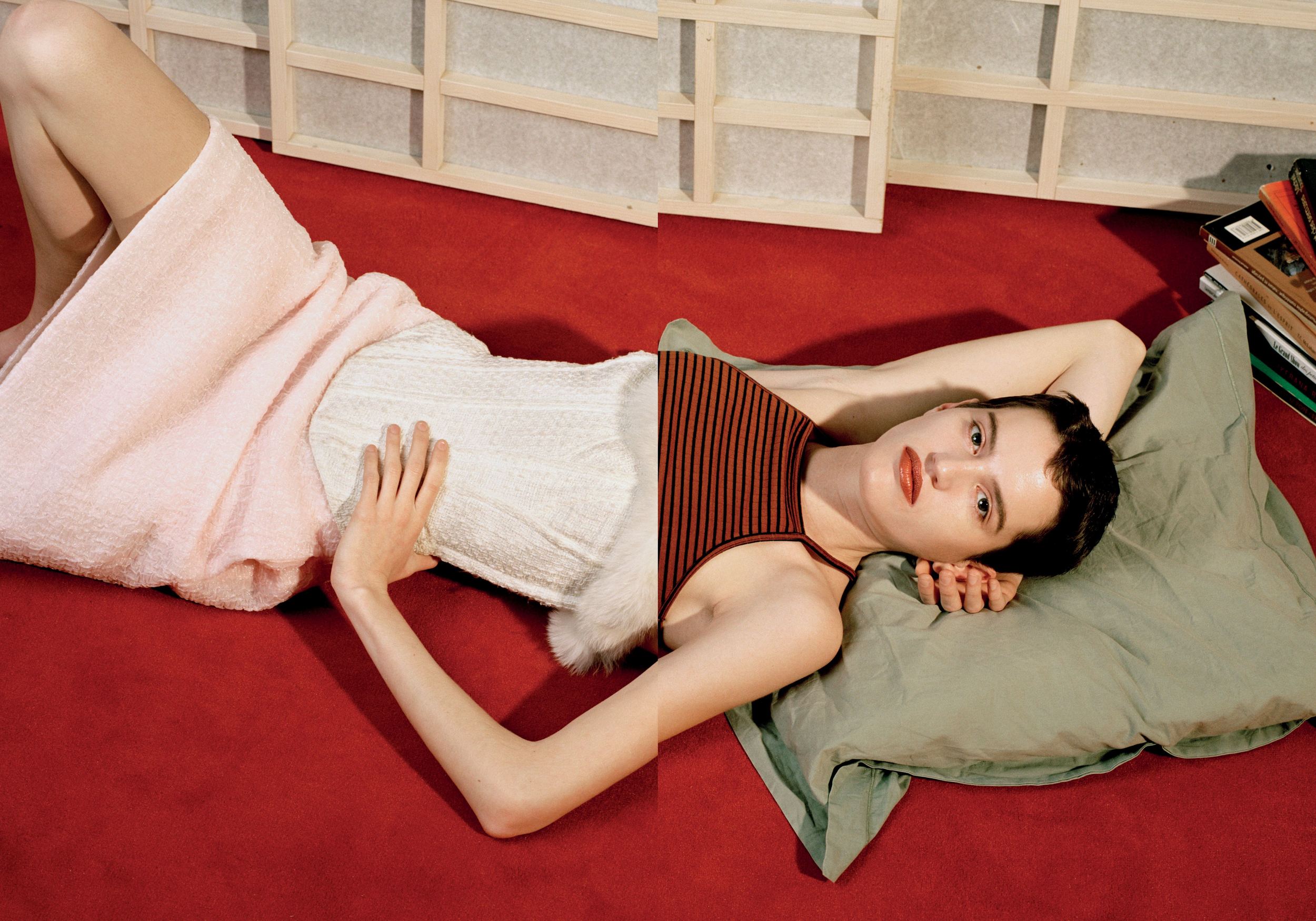
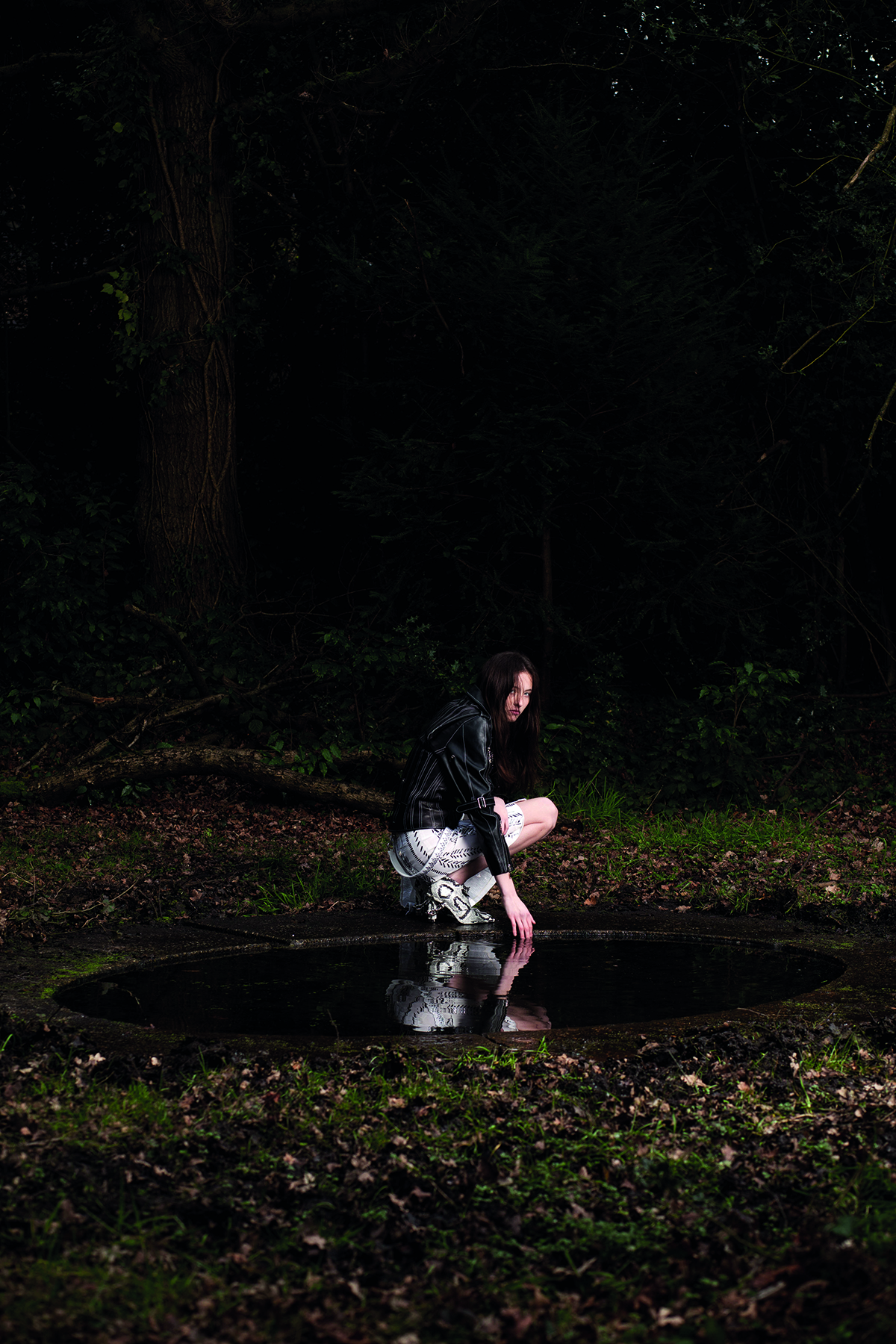
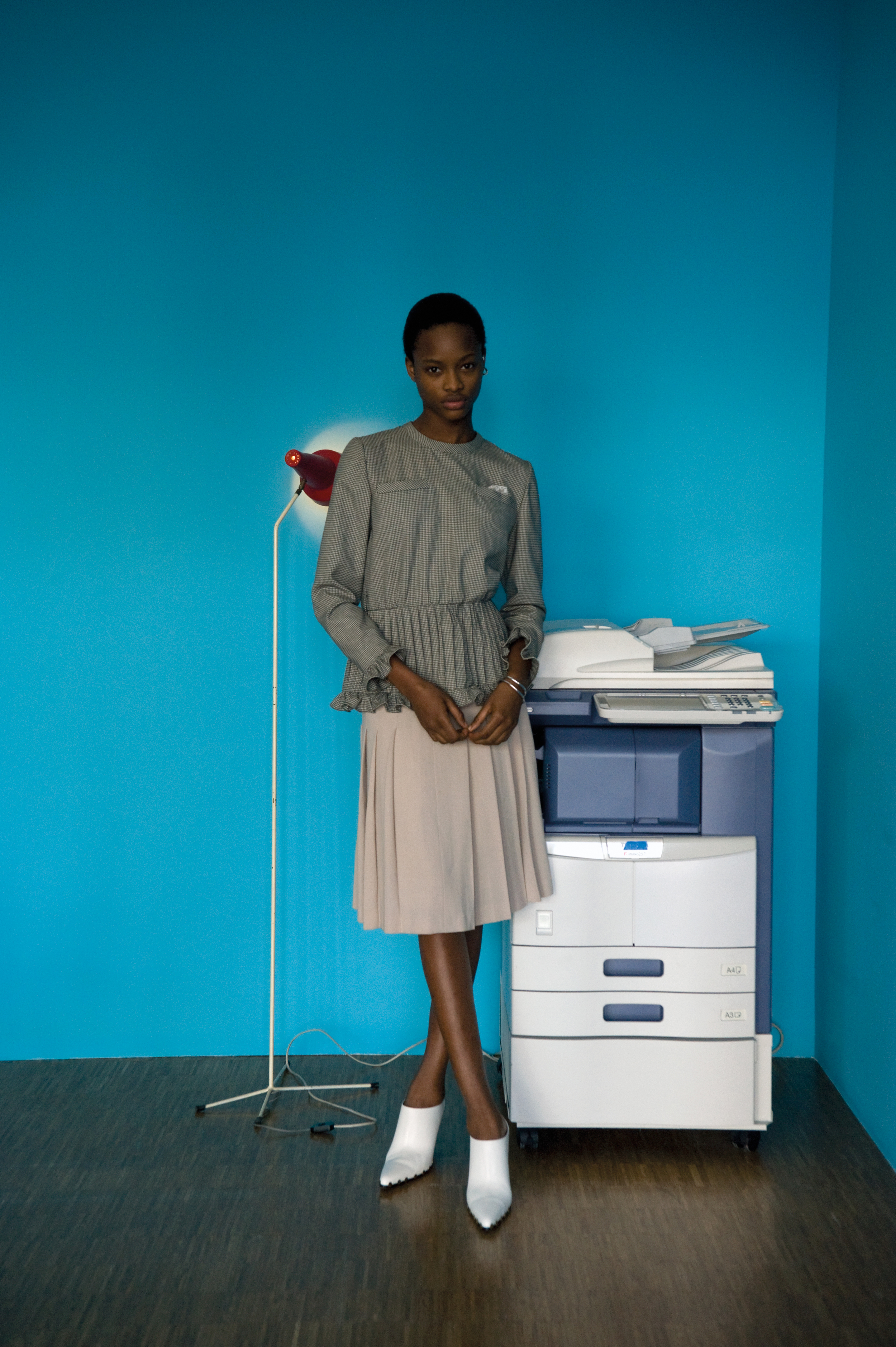
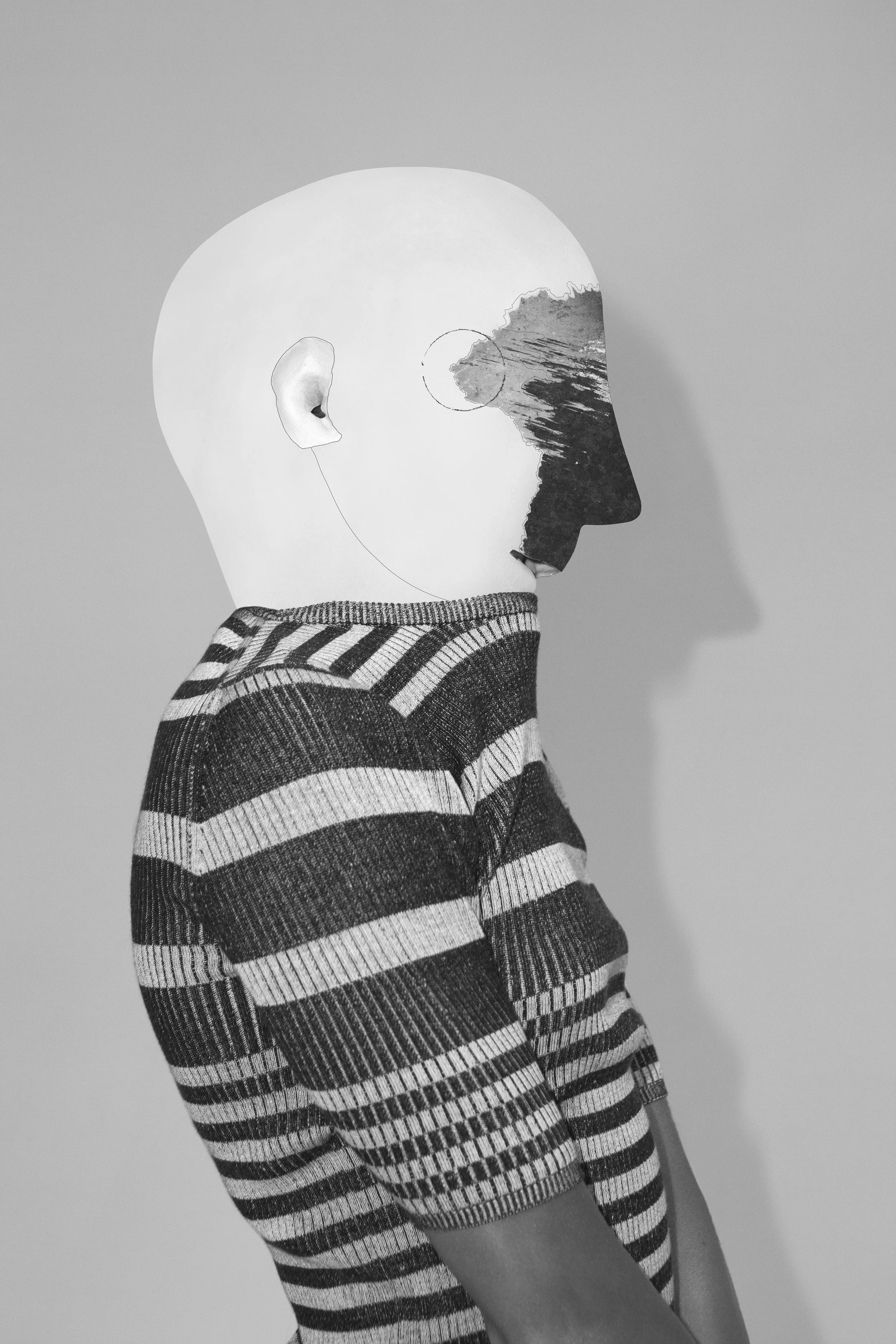



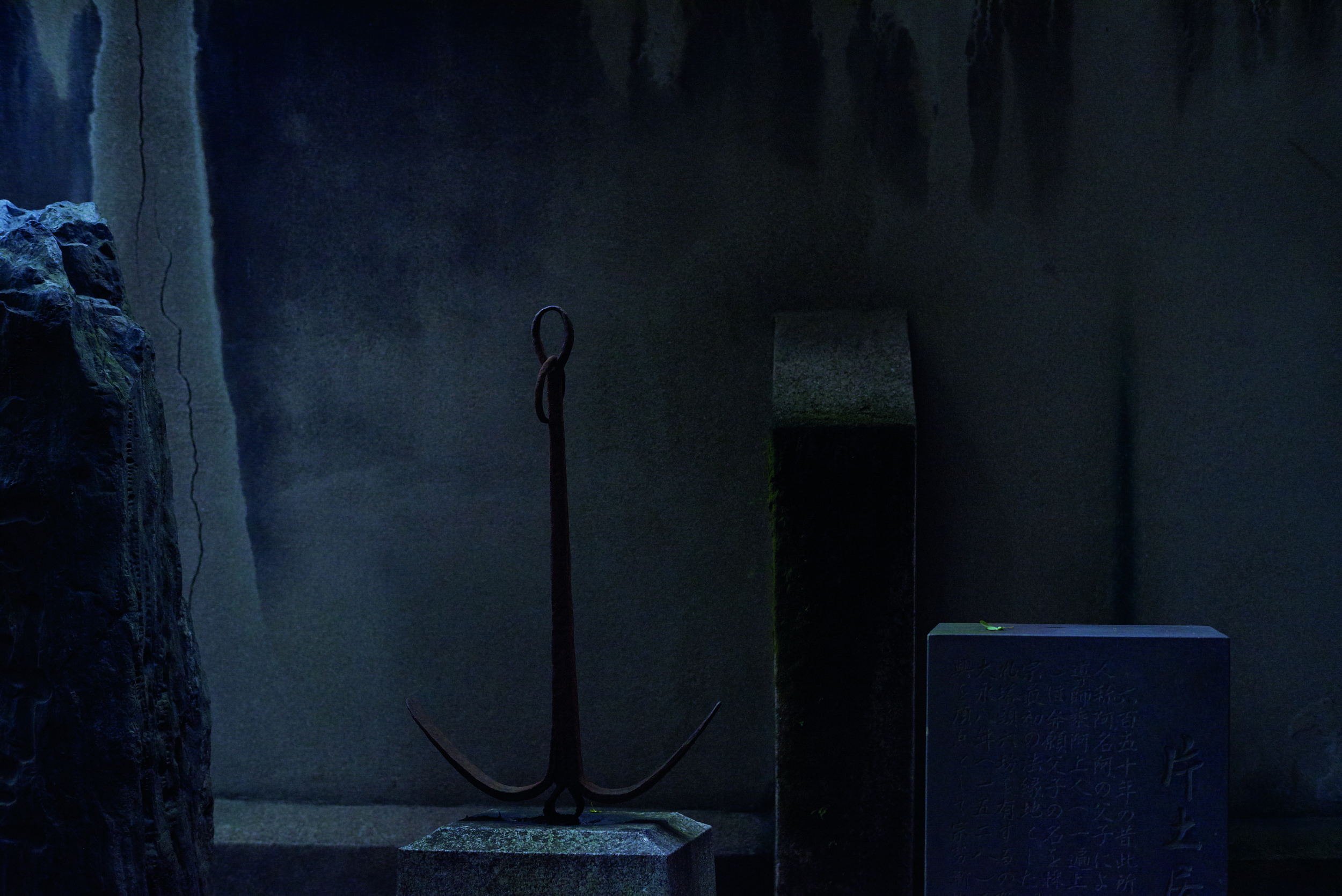
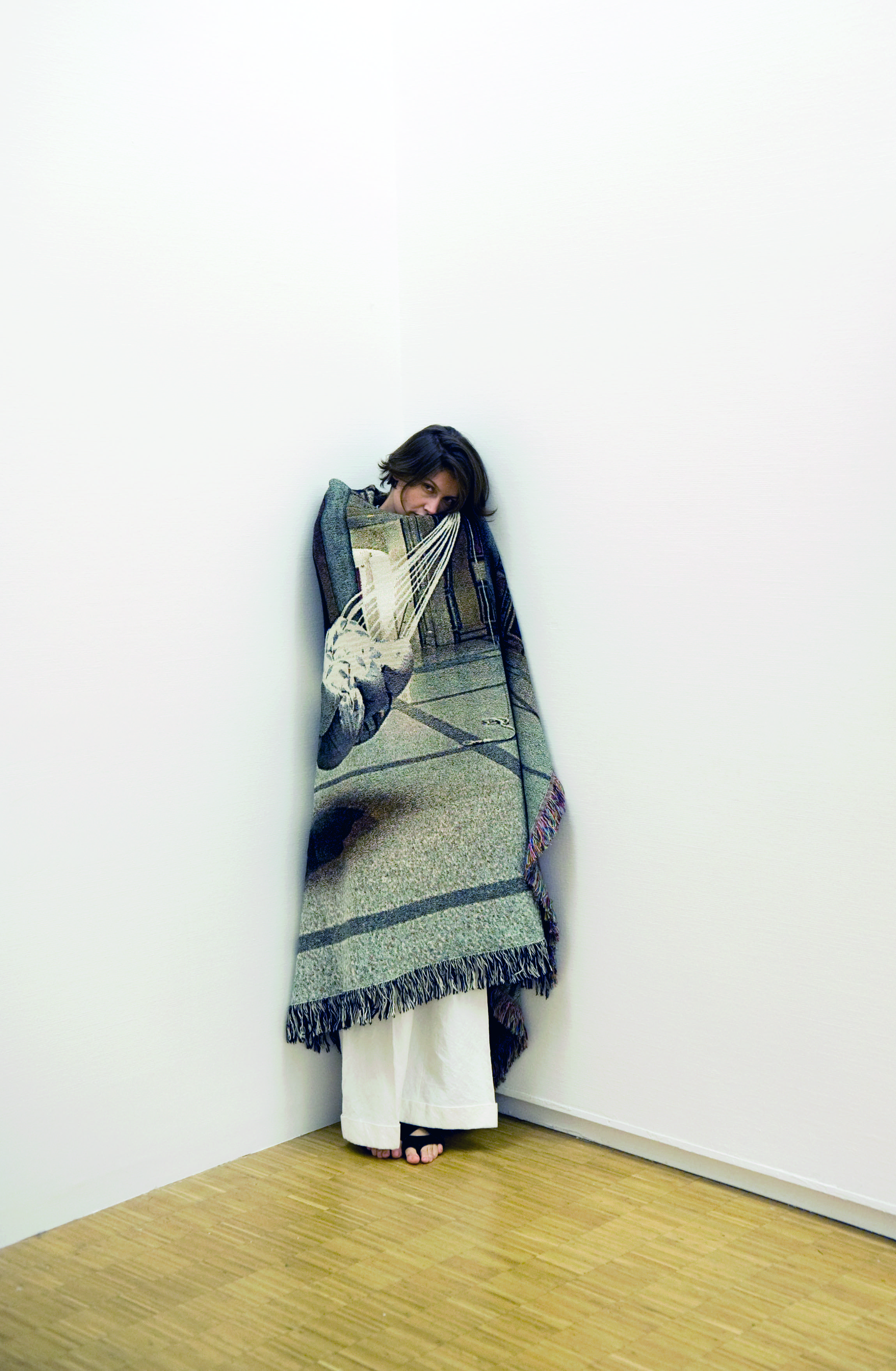
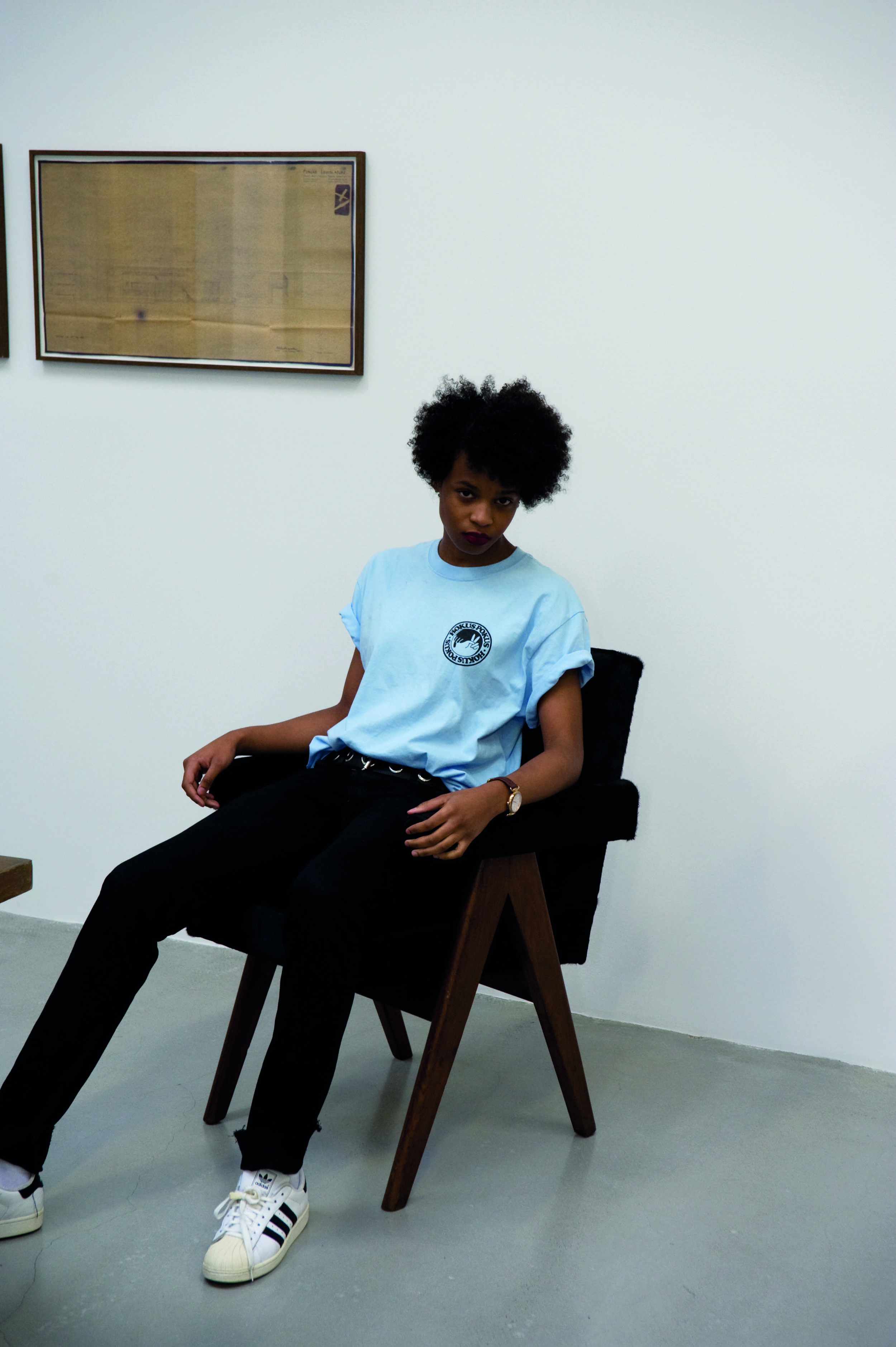
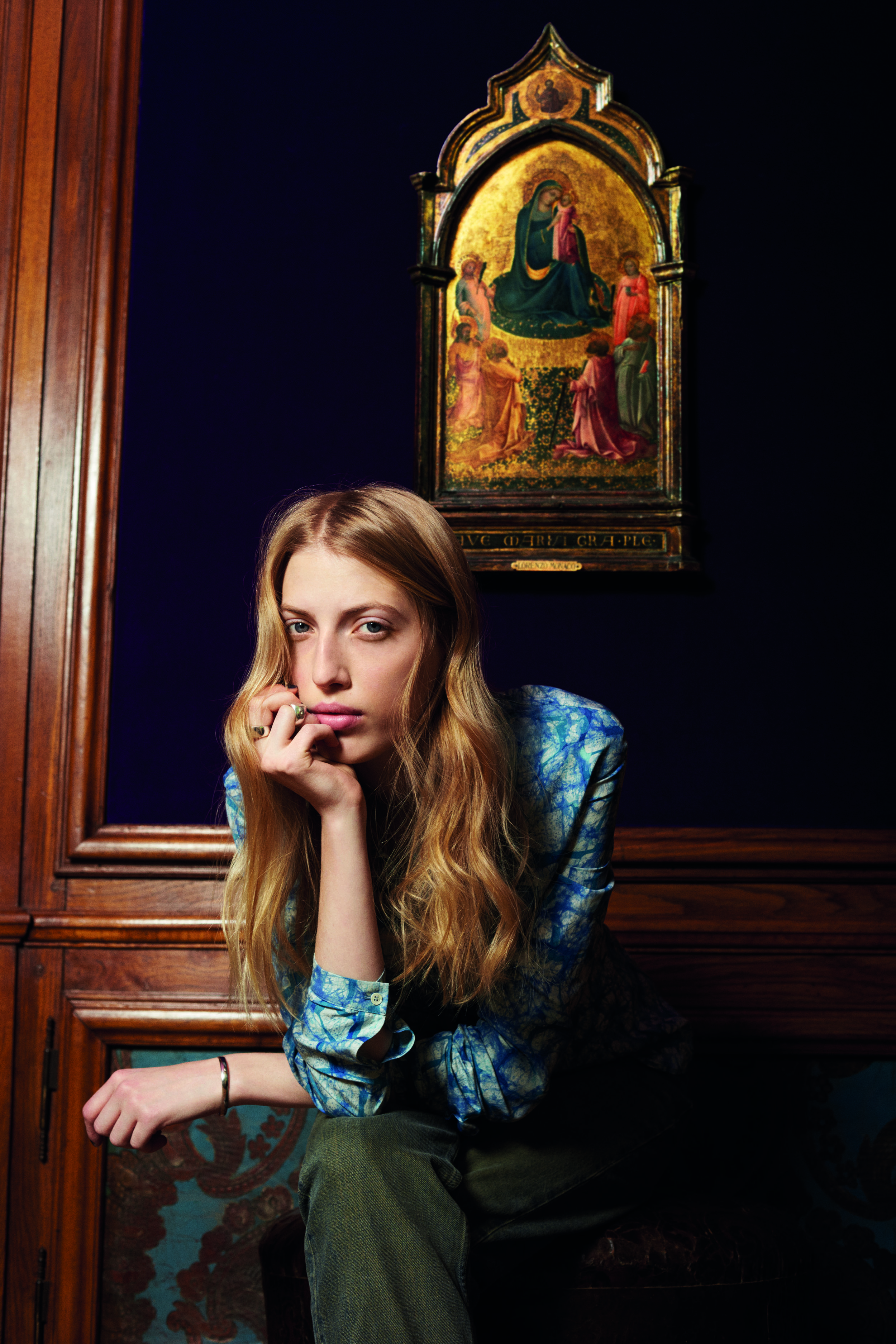

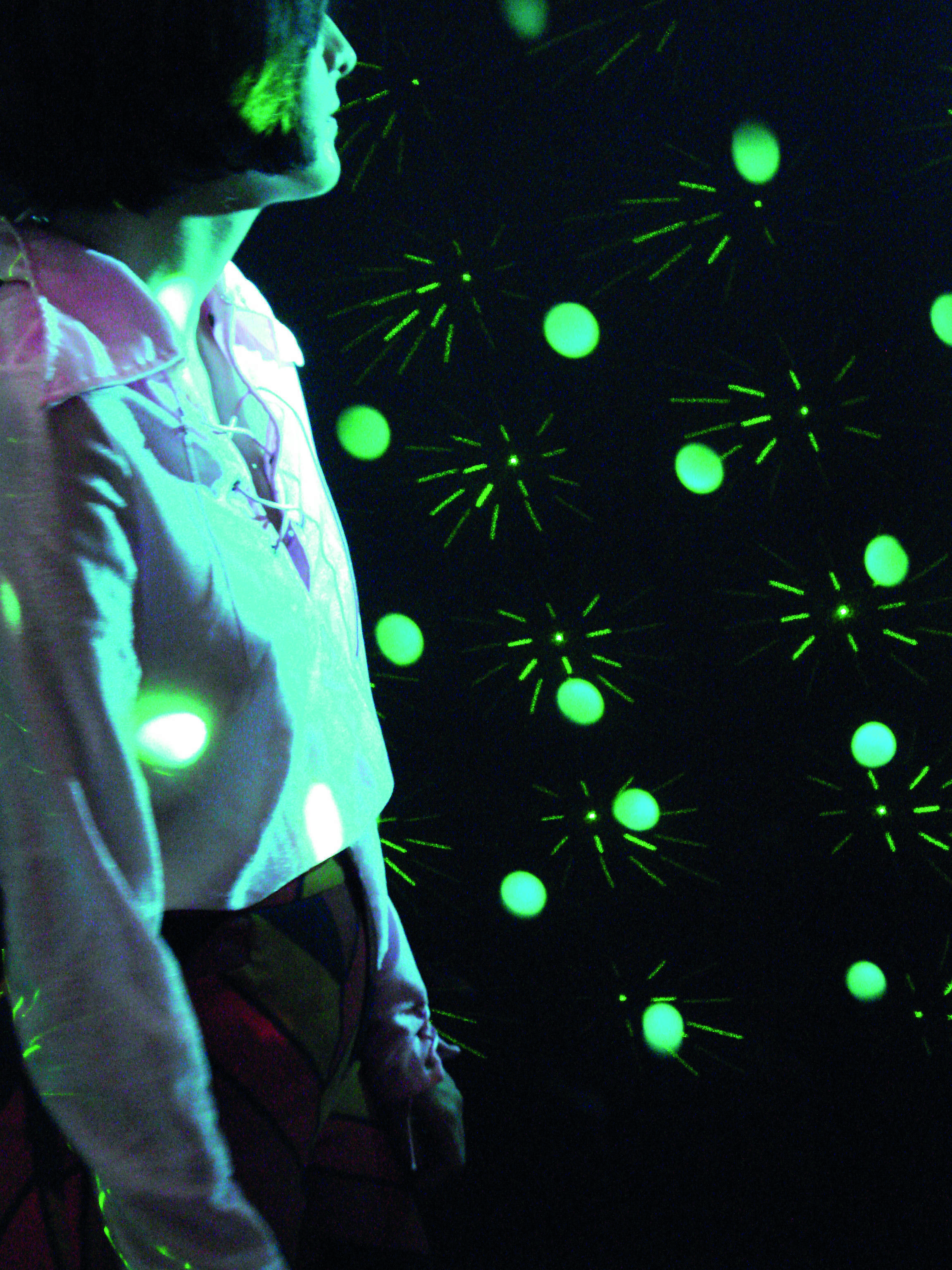
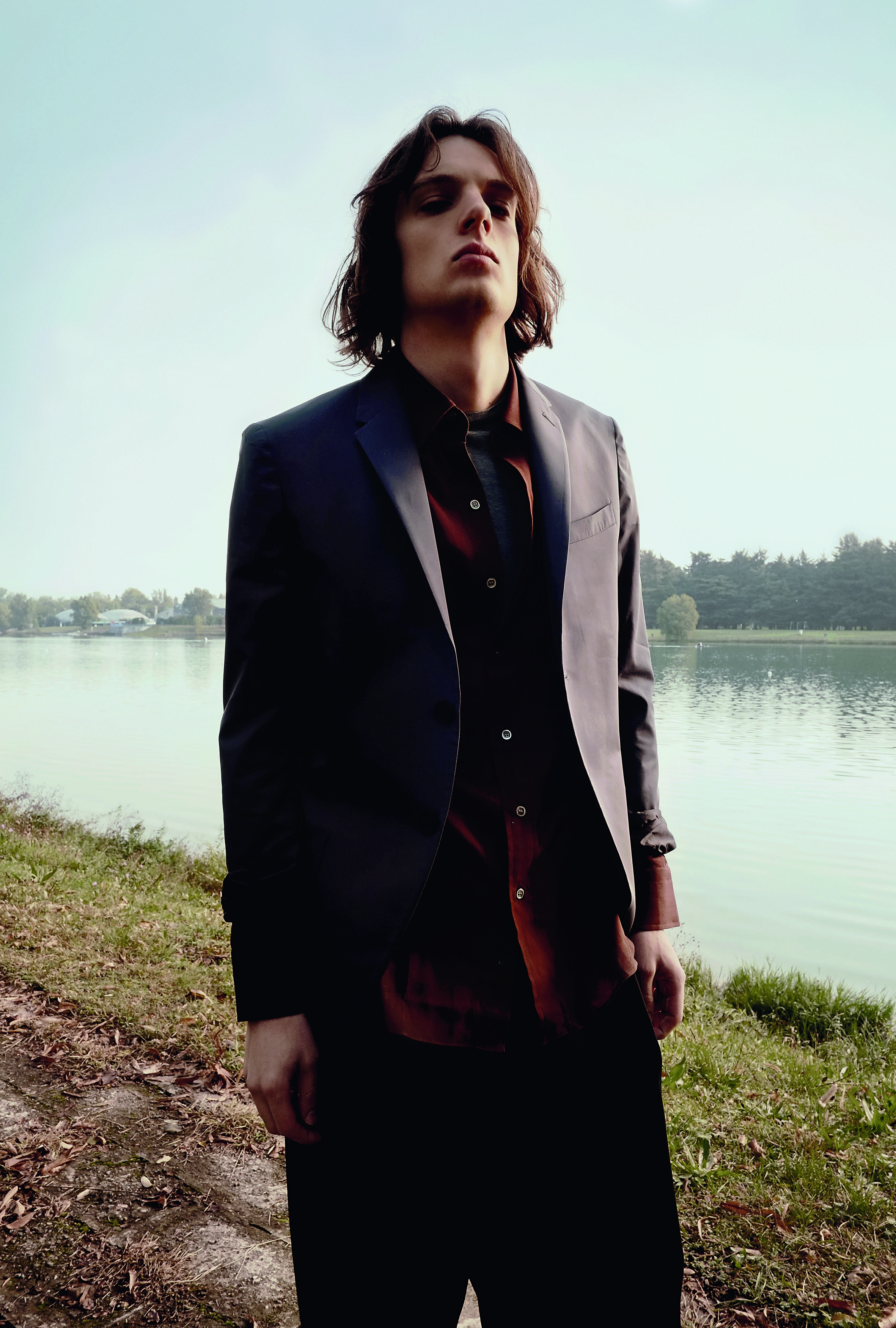
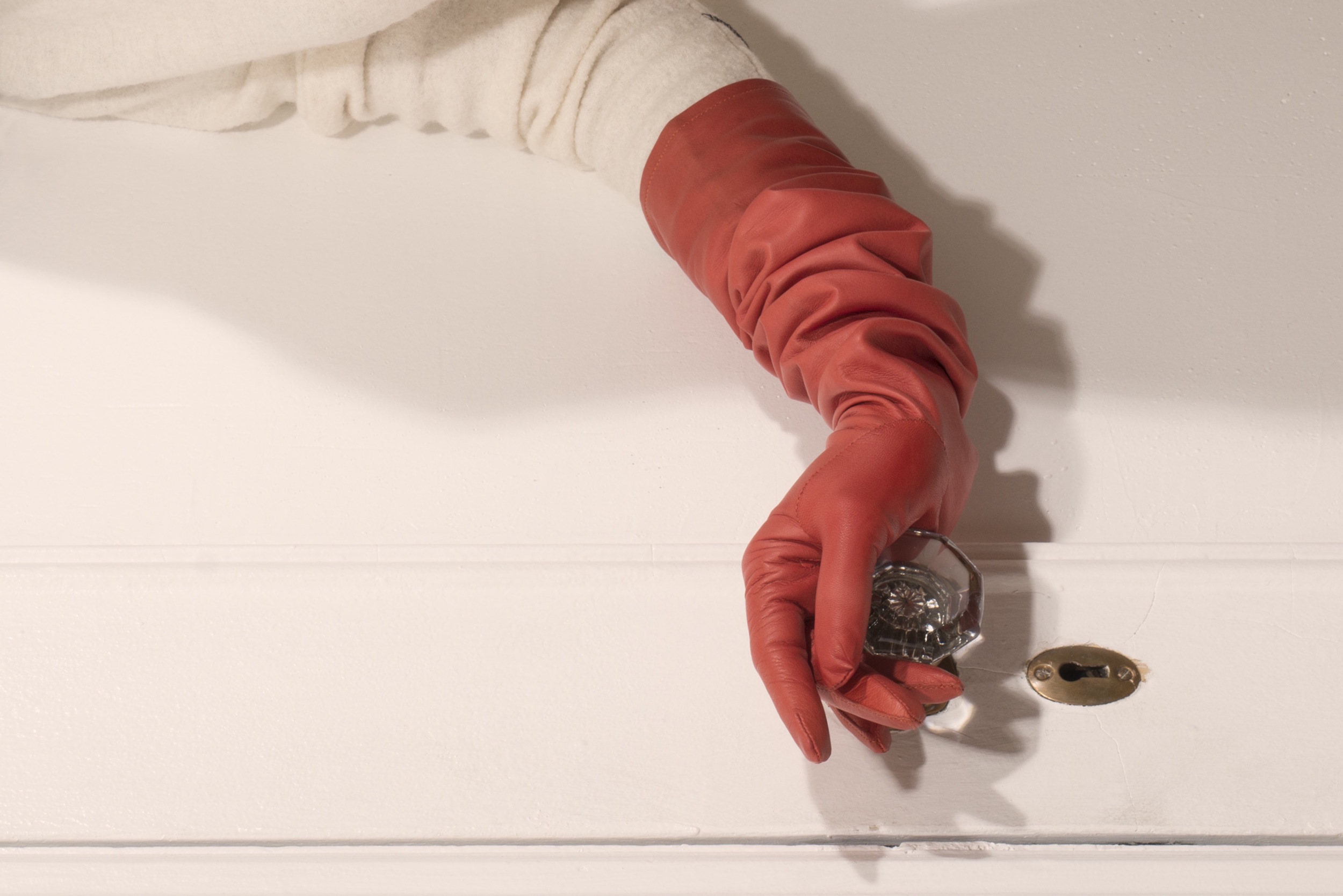
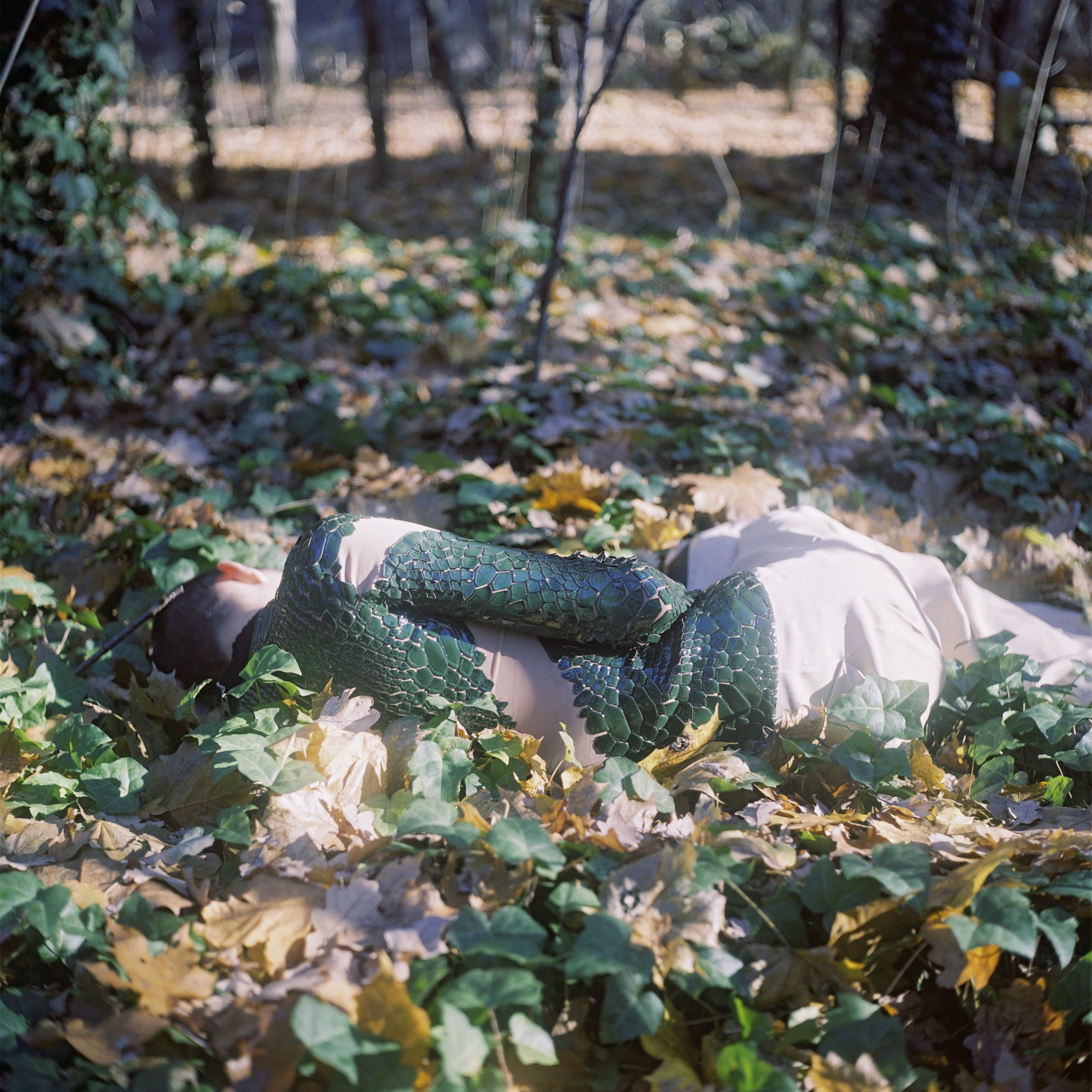
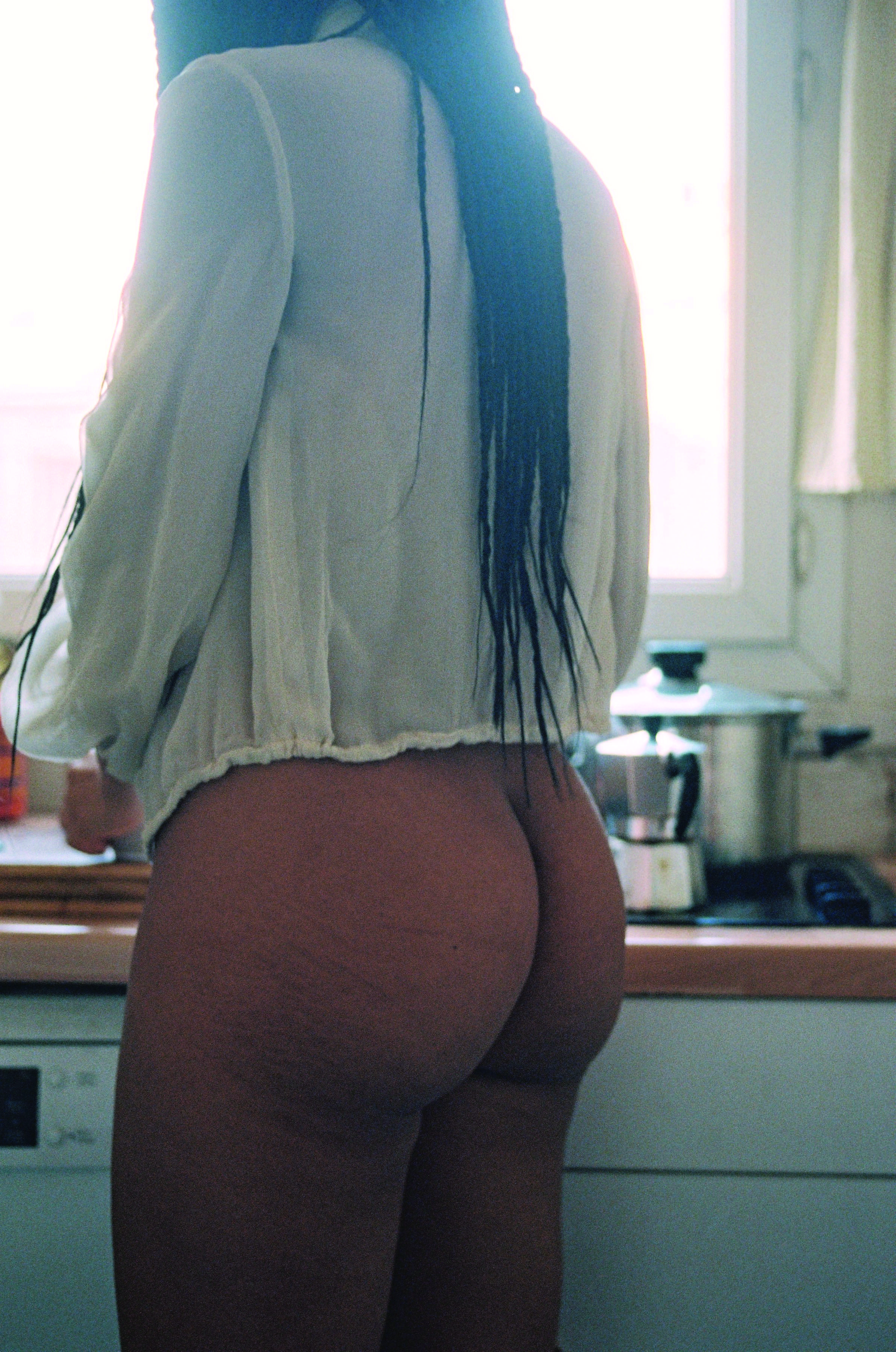

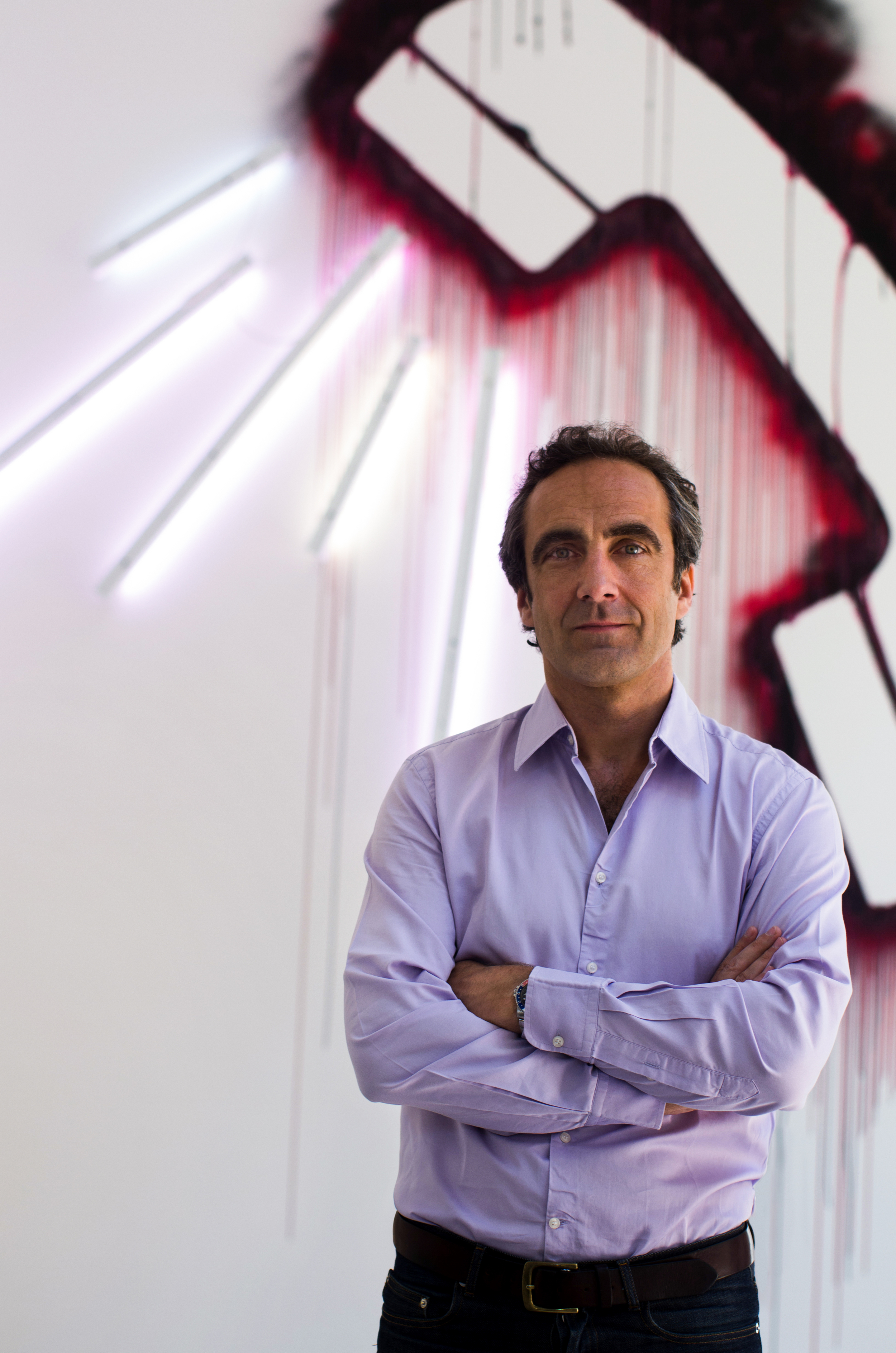

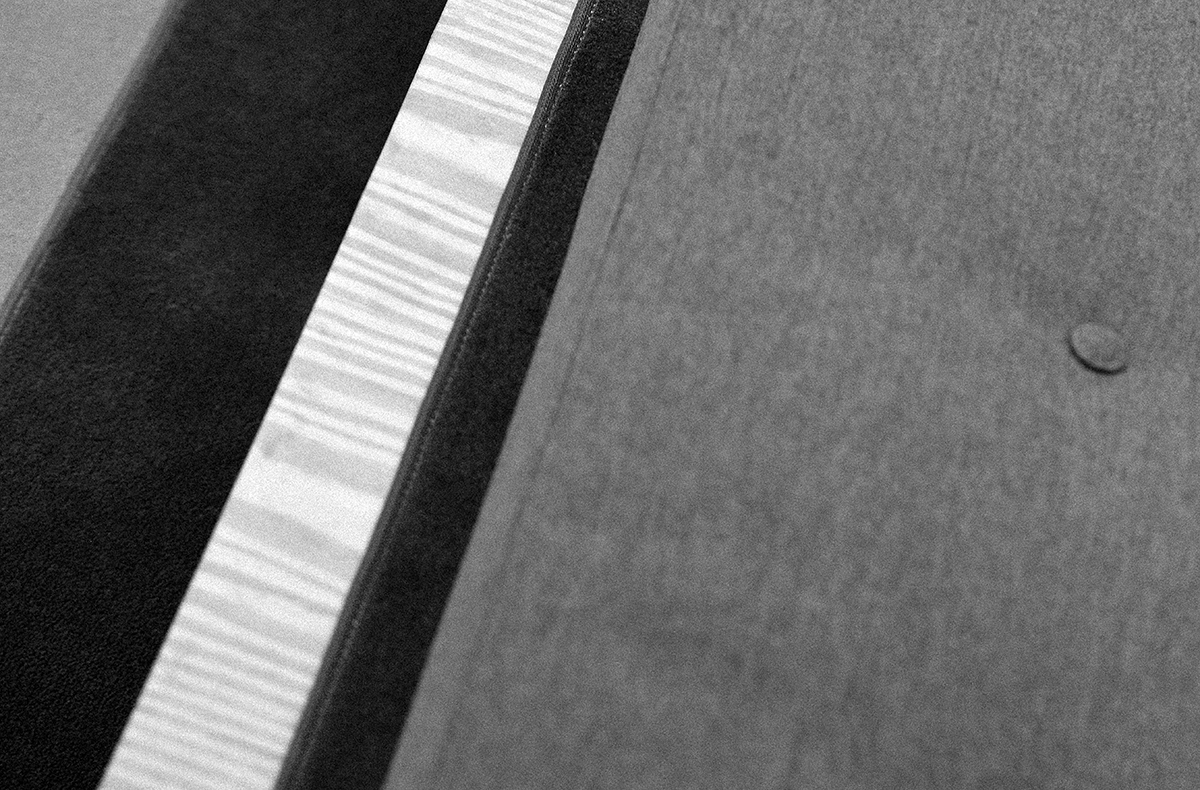

Hotel Tokyo / Yoshiyuki Okuyama / Hadarrah More